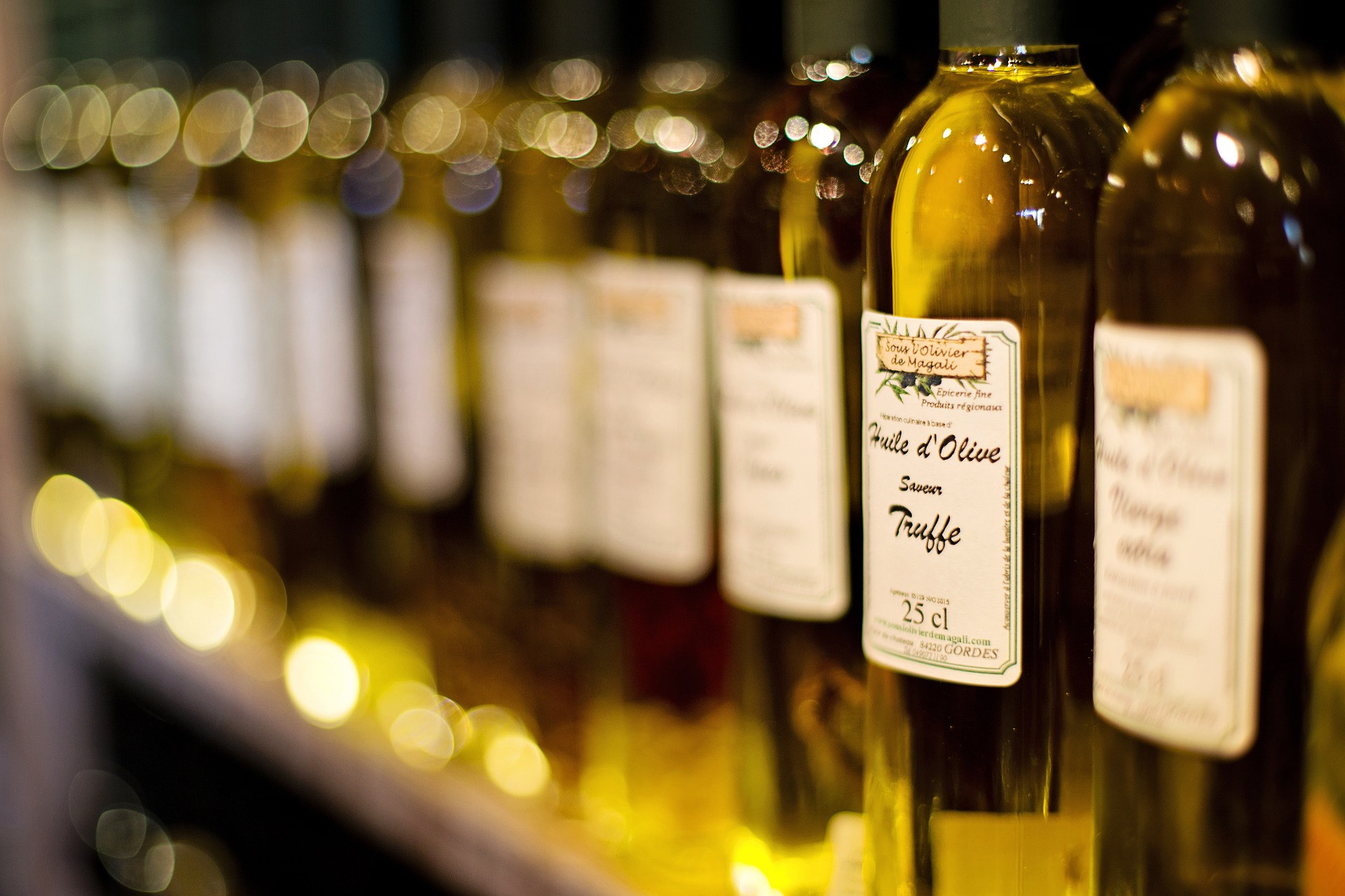Debunking Myths: Here’s What You Should Know About Your Cooking Oil

Cooking oil is an unavoidable part of most meals of our day. That is why, the quality of cooking oil we use bears a huge impact on our health. How much do we know about this important ingredient of our food? Let’s start by looking at some common myths related to cooking oils.
Read on to know better and choose the best cooking oil for health, for you & your family.
5 Cooking Oil Myths to Keep in Mind
Myth 1: Fats In Cooking Oil are Bad
While the name “fat” may make it sound like something you should not eat, it is indeed an essential part of a healthy diet. Fats are building blocks of crucial hormones. Also, fat from your diet gives you energy. It is the most concentrated source of energy, and hence, should be consumed wisely.
Like every other nutrient, we can categorise the fats consumed by us:
- Trans fats are bad for our health. Repeated frying of oils leads to the formation of trans fats.
- Cooking oils contain three kinds of naturally occurring fatty acids – SFA, MUFA & PUFA. Saturated Fats are necessary, but in a limited amount. MUFA & PUFA are essential fats. The right balance of these fatty acids helps in achieving the proper dietary fat nutrition.
Hence, fat is not your enemy. You should choose the right amount and the right kind of fats for staying healthy.
Myth 2: I can use the cooking oil in which food was previously deep-fried
Deep frying is a popular method of food preparation in India wherein food is cooked infat/oil deep enough to cover the food (example: pakoras, samosas, puri, chips). During deep frying, food is constantly heated at high temperature of 180°C and above. This continuous exposure to elevated temperature leads to generation of undesirable compounds & trans-fats which are bad for health. That is why it is best to not reuse cooking oil that has been used for deep-frying.
Myth 3: Single Seed Oils Can Offer Complete Nutrition to the Body
Some of the naturally occurring vegetables oils are rich in either MUFA or PUFA. For example, high SFA oils like coconut oil and palm kernel oil or high PUFA (Omega-6) oil like sunflower oil, safflower oil.
While every oil has its own unique fatty acid composition, single seed oils cannot provide all the three fatty acids in the right balance. As per the National Institute of Nutrition (NIN) guidelines, for balanced nutrition from fats, we need a proper balance of all types. Thus, single seed oils cannot offer complete fat nutrition. Blended oils with the right balance of MUFA & PUFA help in staying healthy.
Myth 4: Changing cooking oil every few months is the only way to achieve balanced fats for good health
Medical experts recommend rotation of cooking oils every few months as it is a way of achieving benefits from different oils. It is because single seed oils are rich in either MUFA or PUFA, which are essential fats. However, that is not the only way. Blended oils are a scientific blend of two different edible oils that give you the goodness of two oils in one. Blended oils are formulated with the help of research on proportion and scientific understanding of cooking oils which can give you the balance of both essential fatty acids – MUFA and PUFA. So, instead of rotating oils, using blended oils can also help you achieve benefits of 2 different oils.
Myth 5: I should choose only a light cooking oil
A cooking oil which makes your meals seem heavier on stomach is not preferred. While you choose a light cooking oil, do not forget to choose the right cooking oil! It should give you a good balance of fats, which blended oils can provide with. MUFA and PUFA are essential fats, both of which are not provided by single seed oils. Hence, choose a light but also the right cooking oil.
Below are some useful tips you can follow.
Good Storage Practices
- Sunlight degrades the quality of oil hence keep the oil in a dark coloured bottle or away from sunlight
- Keep oil in a clean and dry container to avoid exposure to moisture
- The oil container should be kept away from the gas burner to prevent prolonged exposure to heat
- If the oil has constant access to fresh air, the process of oxidation starts and oil deteriorates faster. The bottle should have a tight-fitting cap
Good Cooking Practices
- Reuse/recycling of fried oil should be avoided
- Do not overheat the oil for longer duration as it spoils the oil quickly
- Use an appropriate amount of oil for frying
Conclusion
You want the best for your family and hope this article can help you choose the best cooking oil for your family, which assures you it’ll take care of their health like you intend to!

Comments
Write a Comment